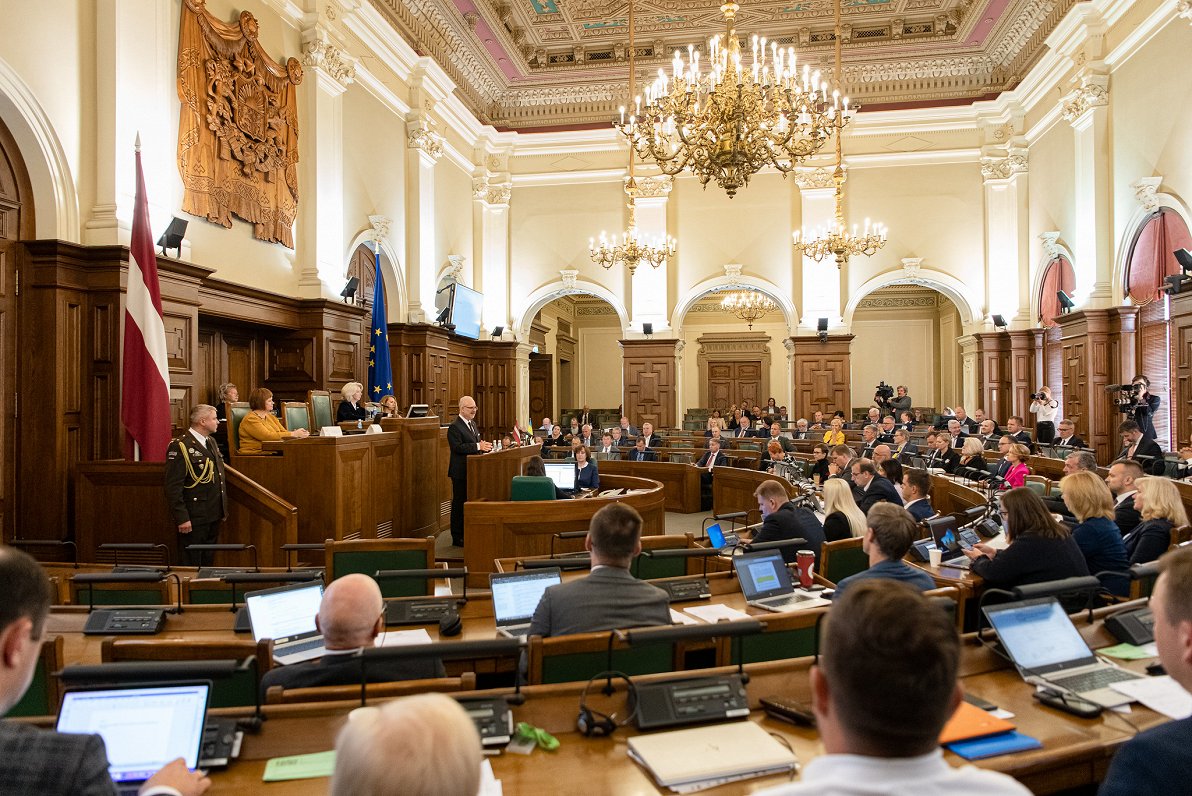Residence permits for Russian and Belarusian citizens
The amendments foresee that the possibility of extending temporary residence permits for Russian and Belarusian citizens who have received a residence permit on the basis of investments made or purchasing real estate in Latvia is stopped.
Exception cases are family reunion, international protection, employment established by European Union law, public interest, or humanitarian grounds.
The restrictions on Belarusian citizens will be narrower. Changes to the law provide that those Belarusian citizens who obtained temporary residence permits in 2020 and 2021, when widespread repressions took place in Belarus, will be able to continue to stay in Latvia. The issue of new permits will be restricted.
Residence permits for former Latvian citizens or non-citizens
It is also stipulated that a Latvian citizen or non-citizen, when becoming a citizen of another country, will have to submit a statement regarding the acquisition of the official language in accordance with the requirements specified in the Law in order to continue to reside in Latvia. This condition is intended to apply from September 1, 2023. If the statement is not submitted, it is planned to cancel the permanent residence permit and issue a temporary residence permit for a period not exceeding one year.
It is also envisaged that the residence permit will not be issued to a person with a tax debt exceeding EUR 500, or who has been criminally sanctioned or received a negative report from the competent authorities.
Visas for Russian citizens
The Saeima conceptually approved the ban to issue working visas to Russian citizens, both if it involves remote and onsite work.
The law will also limit the issue of visas to Russian citizens if they request them in a country of the European Union (EU).
Head of the Office for Citizenship and Migration Affairs, Maira Roze, previously said: “[..] If a person has entered the external Schengen border, [..] and requested a visa from inside, we have no reason not to issue it. This law does not govern that, if a person has entered legally, he or she has the right to apply for a visa relating to work." Thus, the adoption of the law imposes tougher restrictions on Russian citizens requesting a visa within the EU.





























